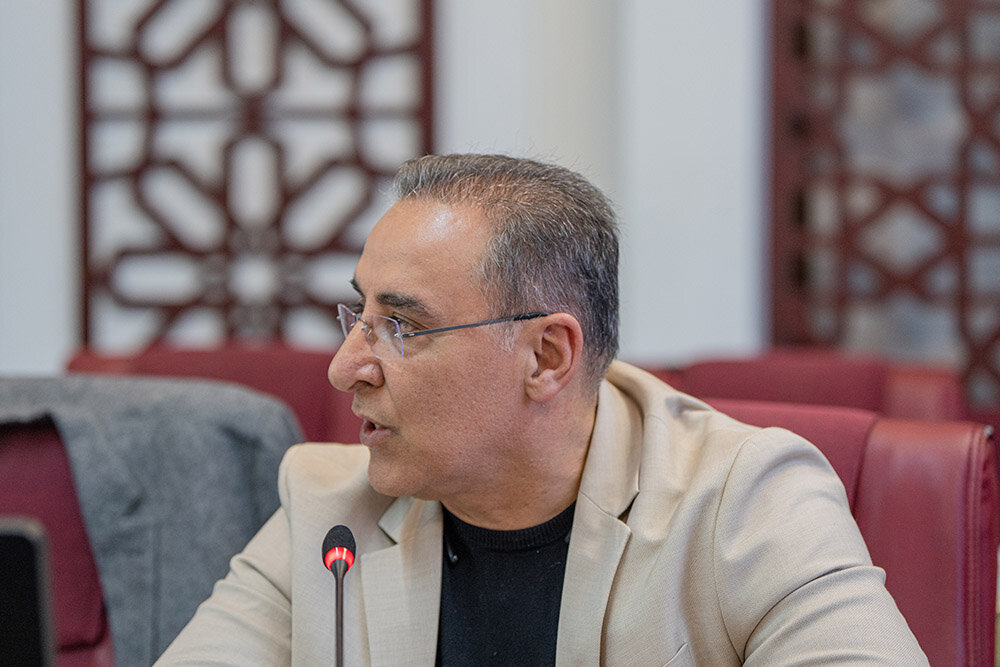TCCIMA calls for simplifying tax regulations for transport companies
TEHRAN – Peyman Sanandaji, head of the Transport Committee at the Tehran Chamber of Commerce, Industries, Mines and Agriculture (TCCIMA), has urged the government to address tax-related challenges faced by transport companies, which hinder progress toward a company-centered transport system in Iran. He also criticized delays in issuing budget-related executive directives during a meeting with


TEHRAN – Peyman Sanandaji, head of the Transport Committee at the Tehran Chamber of Commerce, Industries, Mines and Agriculture (TCCIMA), has urged the government to address tax-related challenges faced by transport companies, which hinder progress toward a company-centered transport system in Iran.
He also criticized delays in issuing budget-related executive directives during a meeting with the Minister of Economic Affairs and Finance and senior officials from affiliated organizations, the TCCIMA portal reported.
During the meeting, attended by the heads of the Central Bank of Iran (CBI), the Insurance Regulatory Authority, the Islamic Republic of Iran Customs Administration (IRICA), the Iranian National Tax Administration (INTA), and the Securities and Exchange Organization (SEO), various monetary, financial, and foreign exchange policies were discussed.
Sanandaji pointed out that the government’s recent directive on implementing Note 3 of Article 10 of the current year budget law regarding currency allocation for imported vehicles was issued late in January, leaving only two months until the end of the fiscal year.
He noted that this delay coincides with events such as the Chinese New Year and the Iranian New Year, which could exacerbate challenges in securing essential goods, thereby creating difficulties for companies and fueling market instability.
In addressing the broader challenges facing the transport sector, Sanandaji emphasized the need for fleet modernization to reduce air pollution. He highlighted ongoing efforts to shift from a driver-centered to a company-centered transport model but stressed that significant obstacles remain, particularly in the area of taxation.
“For instance, when a vehicle is owned by a driver, they pay a fixed tax amount, regardless of other factors. However, if the vehicle is owned by a company, additional complexities, such as financial statements and various bureaucratic requirements, significantly increase costs and administrative burdens,” he explained. “This discourages the move toward a company-centered transport system and undermines government policies aimed at achieving this goal.”
Sanandaji concluded by calling for measures to simplify tax regulations and improve driver insurance policies to facilitate the transition to a company-driven transport model and improve the overall organization of the sector.
EF/MA
